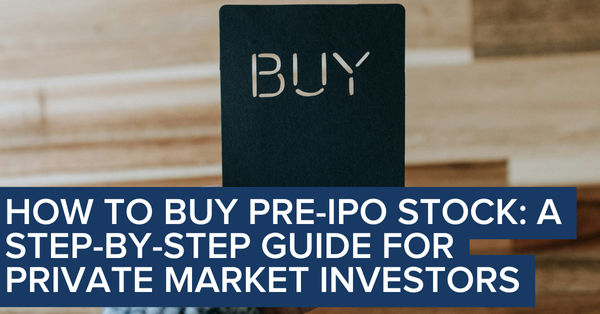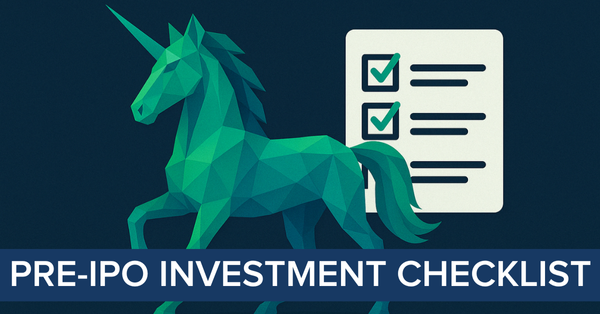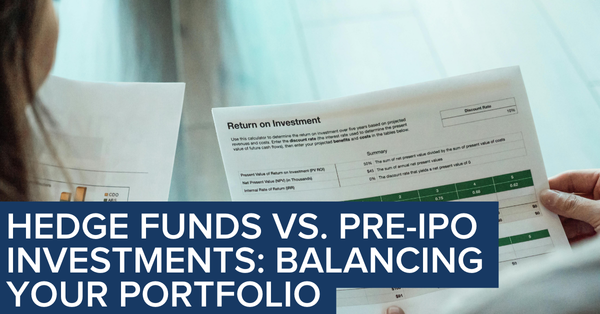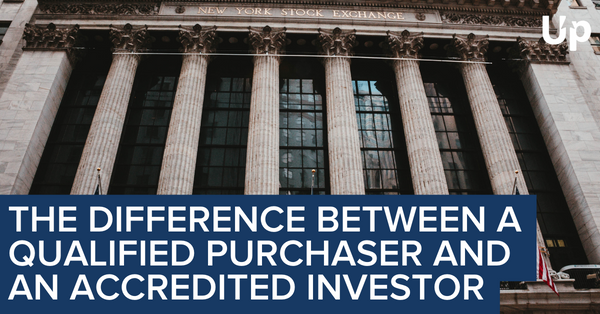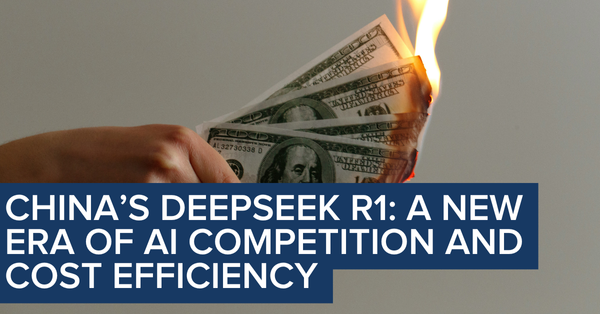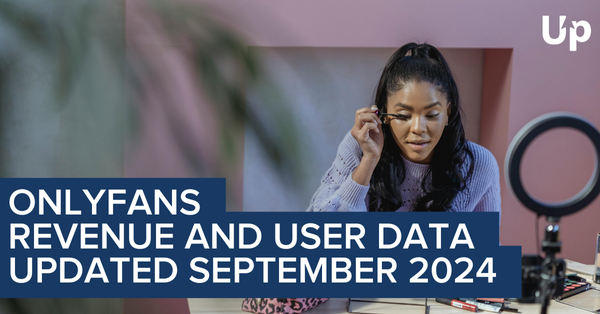Understanding SAFEs: A Quick Guide to Simple Agreements for Future Equity
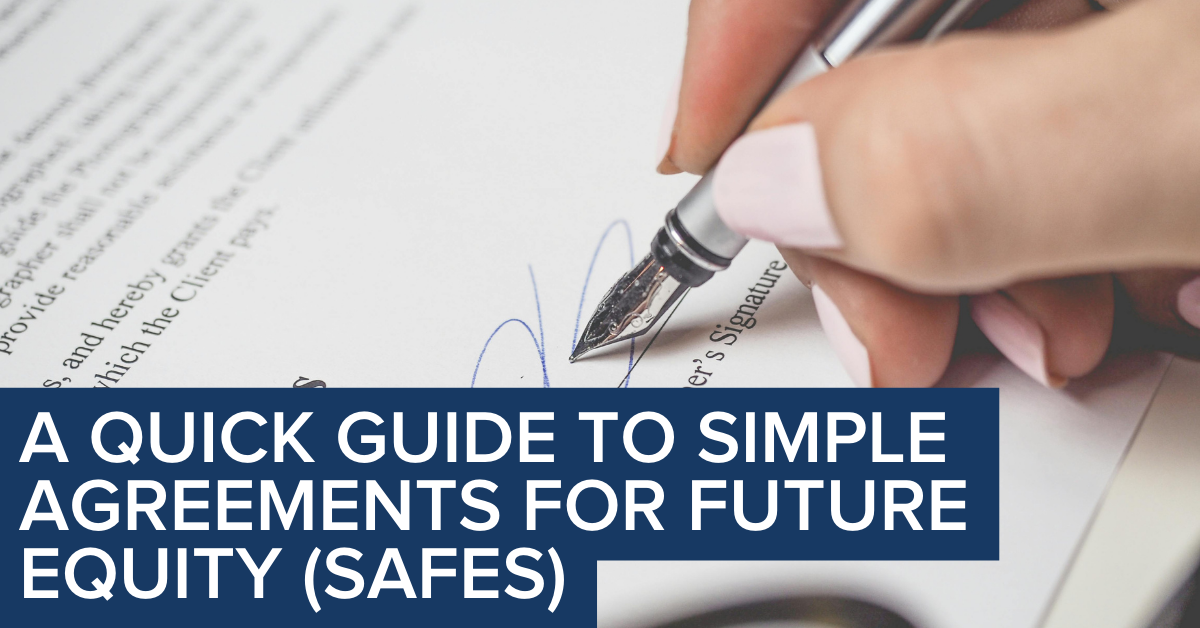
A SAFE, or Simple Agreement for Future Equity (SAFE), is a financial instrument used by startups to raise capital. Introduced by Y Combinator in 2013, SAFEs have become a popular alternative to convertible notes for early-stage funding. This guide will explain what SAFEs are, how they work, and the most common varieties of SAFEs.
What is a SAFE?
A SAFE is a contract between a company and an investor that gives the investor the right to receive equity in the company at a future date, typically when the company raises a priced equity round. Unlike convertible notes, SAFEs are not debt instruments and do not accrue interest.
SAFE Investment: What Investors Give and Get
When investing via a SAFE, an investor provides immediate capital to a company in exchange for the right to receive equity in the future. The investor doesn't receive shares or debt notes immediately but rather a contractual right to equity when a triggering event occurs.
Here's a hypothetical example:
An investor provides $100,000 to a startup via a SAFE with a $4 million valuation cap. Later, the company raises a priced round at a $5 million pre-money valuation. The SAFE would convert to equity at the $4 million valuation cap, giving the investor a better price per share than the new investors. The investor would receive $100,000 / ($4,000,000 / $5,000,000) = $125,000 worth of shares at the latest round price, effectively getting a 25% bonus on their initial investment due to the valuation cap.
How SAFEs Work
- An investor provides capital to the company in exchange for a SAFE.
- The SAFE specifies the terms under which the investment will convert to equity.
- When a triggering event occurs (usually a priced equity round), the SAFE converts to equity based on its terms.
Key Features of SAFEs
- No maturity date
- No interest
- Converts to equity upon specific triggering events
- Can include valuation caps and/or discounts
Why Companies Use SAFEs
Companies, particularly early-stage startups, use SAFEs for several reasons:
- Simplicity: SAFEs are simpler and faster to negotiate than traditional equity rounds or convertible notes.
- Flexibility: They allow companies to raise funds without immediately setting a valuation.
- No Debt: Unlike convertible notes, SAFEs don't create debt on the company's balance sheet.
- Investor Alignment: SAFEs align investor interests with the company's long-term success.
- Cash Flow Friendly: With no interest payments, SAFEs are easier on a startup's cash flow.
Pros and Cons for Investors in SAFEs
While SAFEs are widely adopted and used frequently, they have their pros and cons. Below, we highlight some of those from an investor perspective. To further illustrate that their are risks to SAFEs, the SEC issued a May 2017 investor bulletin on the risks of SAFEs.
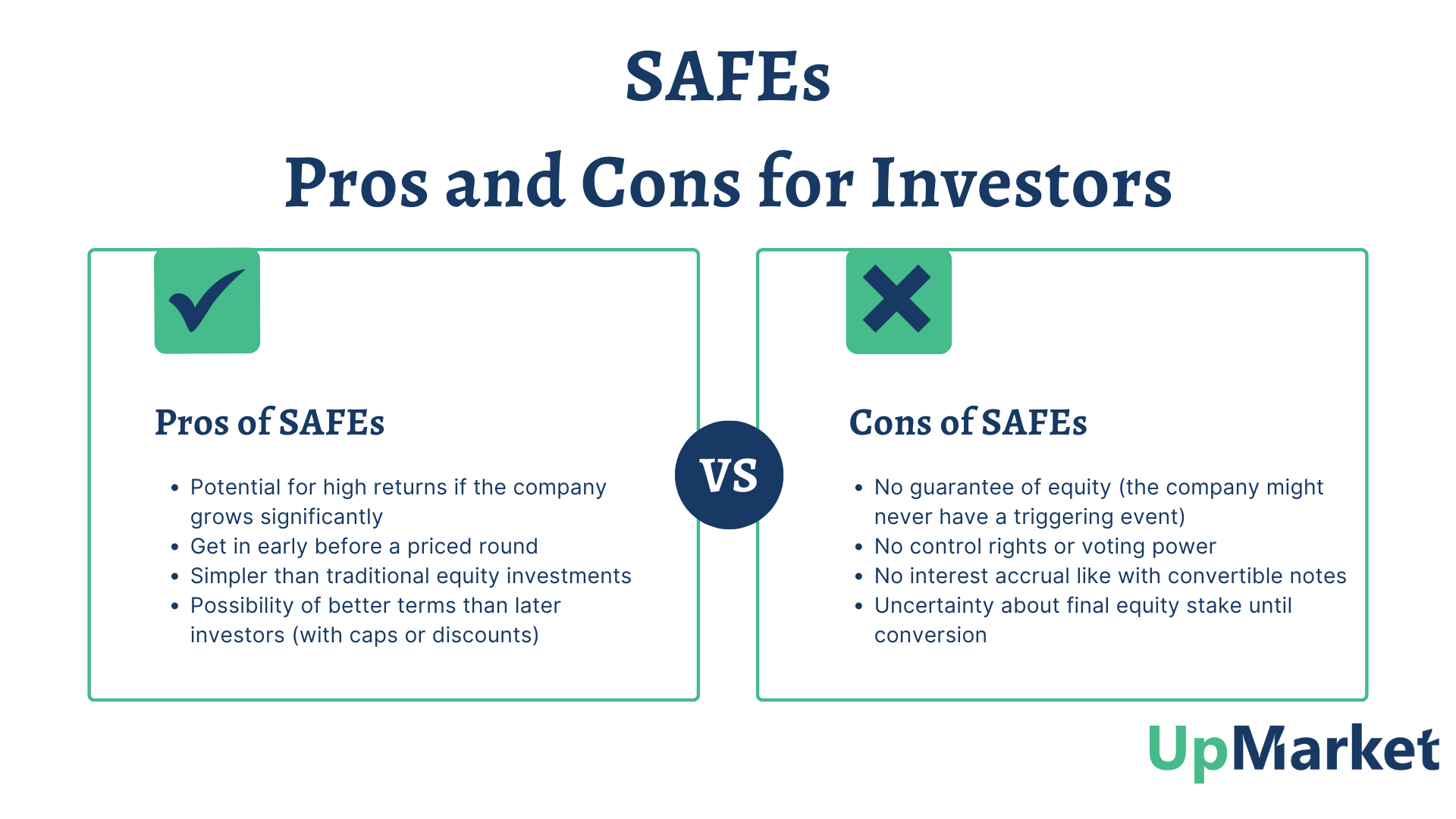
Pros:
- Potential for high returns if the company grows significantly
- Get in early before a priced round
- Simpler than traditional equity investments
- Possibility of better terms than later investors (with caps or discounts)
Cons:
- No guarantee of equity (the company might never have a triggering event)
- No control rights or voting power
- No interest accrual like with convertible notes
- Uncertainty about final equity stake until conversion
The Risk of Non-Triggering SAFEs for Investors
While SAFEs are designed to convert to equity upon certain triggering events (like a priced fundraising round), there's a risk that these “triggering events” may never occur, leaving investors in a potentially disadvantageous position. This can happen in several scenarios:
- Sustainable but Small Business: The company becomes profitable and self-sustaining without ever needing to raise a priced round. While this might be good for the company, SAFE holders may find themselves holding an agreement that never converts to equity.
- Acquisition Before Priced Round: If the company is acquired before raising a priced round, some SAFE agreements may not have provisions for this scenario, potentially leaving investors with little recourse.
- Company Failure: If the company fails or shuts down without ever raising additional capital, SAFE holders typically have no way to recoup their investment.
- Indefinite Delay: The company continues to operate and grow using revenue or other funding methods (like grants or loans) but indefinitely delays raising a priced round.
In these scenarios, investors might find themselves in a situation where they've provided capital but have no equity, no ability to force conversion, and limited rights compared to equity holders. This underscores the importance of carefully reviewing SAFE terms and understanding the possible outcomes before investing.
While seemingly rare, this VC on twitter shared an alleged real-world example where an investor in the company Toptal never received their 10% equity stake because the company did not raise equity financing after their agreement was signed, so there was no triggering event.
These examples make clear that the terms of the SAFE are critical, and investors should consider edge cases when entering into these agreements.
Pros and Cons for Companies with SAFEs
Similarly, companies must consider these pros and cons and individual company factors that may impact whether a SAFE is the best choice for them.
Pros:
- Quick and cheap to issue, saving time and legal fees
- No valuation needed at time of investment
- No interest payments or maturity dates to manage
- Flexibility in fundraising
Cons:
- Future dilution can be hard to predict
- Complexity in cap table management
- Potential for misalignment with later investors
- May complicate future priced rounds
SAFE Feature Terminology
- MFN (Most Favored Nation): A clause that ensures the investor gets the best terms offered to any subsequent SAFE investor.
- Valuation Cap: The maximum valuation at which the SAFE will convert to equity, protecting the investor from excessive dilution.
- Discount: A percentage reduction on the price per share in a future equity round, rewarding early investors for their risk.
Types of SAFEs
There are several flavors of SAFEs, each with different terms. Here are three common types:
1. Safe: Valuation Cap, no Discount
- How it works: This SAFE has a valuation cap but no discount.
- Valuation Cap: Sets a maximum valuation at which the SAFE will convert to equity.
- Conversion: The investor receives shares at the lower of the valuation cap or the price of the new equity round.
- Benefit: Protects the investor if the company's valuation increases significantly.
2. Safe: Discount, no Valuation Cap
- How it works: This SAFE offers a discount on the future equity round but has no valuation cap.
- Discount: Typically ranges from 10% to 30% off the price per share in the future equity round.
- Conversion: The investor receives shares at the discounted price when the company raises a priced round.
- Benefit: Guarantees the investor a better price than new investors in the future round.
3. Safe: MFN (Most Favored Nation), no Valuation Cap, no Discount
- How it works: This SAFE has neither a valuation cap nor a discount but includes an MFN clause.
- MFN Clause: If the company issues SAFEs with better terms in the future, this SAFE automatically gets those terms.
- Conversion: Converts at the same price as the new equity round unless better terms are offered to other SAFE holders.
- Benefit: Ensures the investor gets the best (equal) terms offered to any subsequent SAFE holder.
Differences Between SAFE Types
- Risk and Reward:
- Valuation Cap SAFEs offer the most upside potential if the company's value increases dramatically.
- Discount SAFEs provide a guaranteed better price but may not be as beneficial in high-growth scenarios.
- MFN SAFEs offer the least upfront benefits but protect against less favorable terms being offered later.
- Complexity:
- Valuation Cap SAFEs require more complex calculations at conversion.
- Discount SAFEs are straightforward to calculate.
- MFN SAFEs are simple initially but may become complex if better terms are offered later.
- Flexibility:
- Valuation Cap SAFEs are less flexible as the cap is set upfront.
- Discount SAFEs offer moderate flexibility.
- MFN SAFEs are the most flexible, adapting to future terms.
Conclusion
SAFEs offer a streamlined way for startups to raise capital without the complications of debt instruments.
The choice between different SAFE types depends on the negotiation between the company and investors, considering factors such as the company's growth potential, the investor's risk tolerance, and the desire for simplicity or upside protection.
Both companies and investors should carefully consider the implications of each SAFE type and consult with legal and financial advisors before entering into any agreement.
Further Reading on SAFEs:
- YC Explainer on SAFEs “Safe User Guide”
- Draft SAFEs from YC
- Wikipedia article on SAFEs
The information contained in this article is not investment advice; and does not constitute a recommendation to buy or sell any securities. The information within this article is meant for informational purposes only. Any statement in this document does not mean that the firm nor its employees agrees, endorses or approves any content of the document.
This article is only for knowledge sharing and does not constitute any investment advice. Anyone who makes an investment decision based on this article does so at their own risk. Any fund investment should be made through a formal confidential private placement memorandum and other fund documents. Potential investors should carefully read the risk factors in the private placement memorandum of securities issuance, and consult their own professional consultants if necessary, and receive advice on any investment, legal, tax or accounting issues. Past performance is not indicative of future performance, and the investment may potentially result in a loss of principal. The source and data of the material are considered to be reliable. However, there is no guarantee of its accuracy or completeness. The Company has no obligation to disclose or revise or modify this statement or any forward-looking statements as the circumstances change or as a result of subsequent events. Private equity funds are only suitable for specific qualified investors to subscribe. United States sales of the fund interests are exempt under Regulation D of the U.S. Securities Act of 1933, and are only applicable to potential investors who are eligible as "Qualified Investors" under Regulation D. Sales outside the United States are exempt under Regulation S of the U.S. Securities Act of 1933. Private equity funds are sold through Upmarket Securities LLC. Upmarket Securities LLC is a U.S. registered broker-dealer, and member of FINRA.
About UpMarket
UpMarket's mission is to unlock the private markets for individual investors.
We provide access to a range of asset classes and investment strategies that span private equity, hedge funds, crypto, real estate, and other alternative assets.
The problem
- A large barrier to entry due to high investment minimums
- Time-intensive because sourcing deals is a lot of work even if you’ve got a great network, and
- Costly because of investment-related diligence costs, paperwork, and legal fees
The solution
- Offering lower investment minimums
- Sourcing and conducting diligence on opportunities for investors, empowering them to pick and choose from pre-screened opportunities
- Making the investment process entirely digital, straightforward, and easy to manage from a single portal


